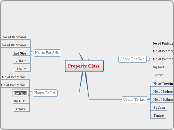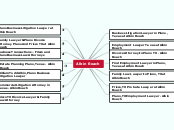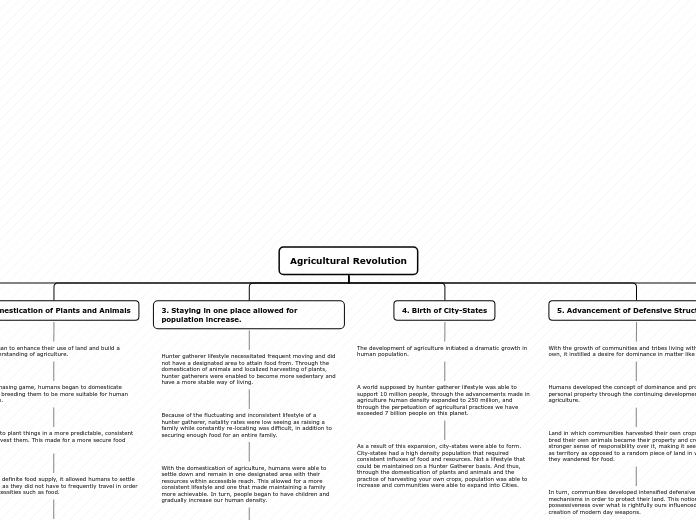Betty Sonoma 1812 Reference
County record search
95204
property lot 8589
house size 1108
2-1
up for sale at $126,000 with the banknote of $157,000 2009
hold
extension req submitted 4/16/18 ...
broker fee agreement
court order ...
Carrie note 45k
mcb condo pkg
1/28/17 death
Waiver of referee will
sjc probate help
Self-help
zip form
zip
Post mls
Probate legal zoom
1. File a petition and give notice to heirs and beneficiaries.
As described above, the probate process begins with the filing of the petition with the probate court to either (1) admit the will to probate and appoint the executor or (2) if there is no will, appoint an administrator of the estate. Generally, notice of the court hearing regarding the petition must be provided to all of the decedent's heirs and beneficiaries. If an heir or beneficiary objects to the petition, they have the opportunity to do so in court. Also, generally, notice of the hearing is published in a local newspaper. This is to attempt to notify others, such as unknown creditors of the decedent, of the beginning of the proceeding.
2. Following appointment by the court, the personal representative must give notice to all known creditors of the estate and take an inventory of the estate property.
The personal representative then gives written notice to all creditors of the estate based upon state law; any creditor who wishes to make a claim on assets of the estate must do so within a limited period of time (which also varies by state).
An inventory of all of decedent's probate property, including real property, stocks, bonds, business interests, among other assets, is taken. In some states, a court appointed appraiser values the assets. When necessary, an independent appraiser is hired by the estate to appraise non-cash assets.









